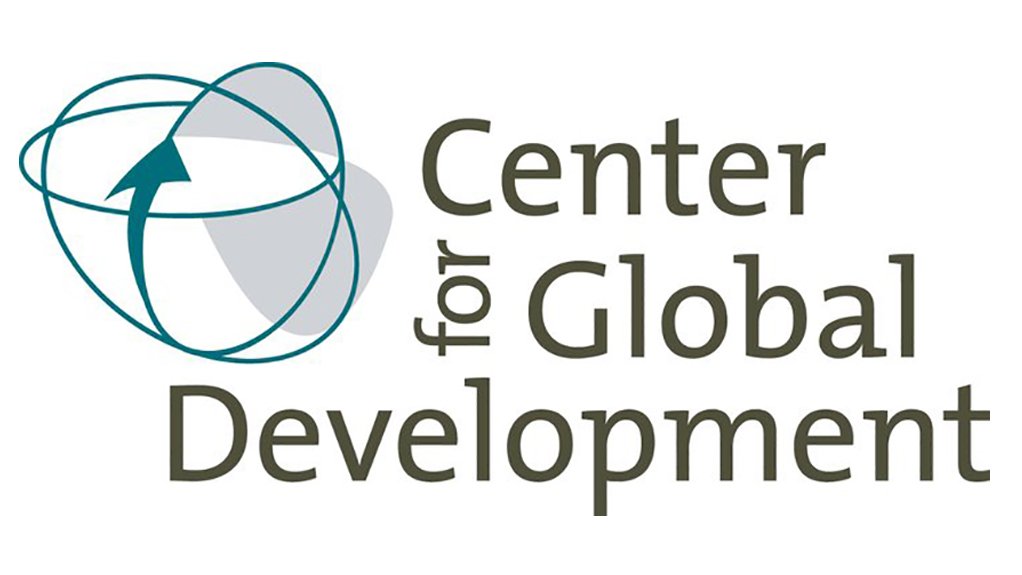- Building Resilient Health Systems: Experimental Evidence from Sierra Leone and the 2014 Ebola Outbreak3.23 MB
Developing countries are characterized by high rates of mortality and morbidity. A potential contributing factor is the low utilization of health systems, stemming from the low perceived quality of care delivered by health personnel. This factor may be especially critical during crises, when individuals choose whether to cooperate with response efforts and frontline health personnel.
We experimentally examine efforts aimed at improving health worker performance in the context of the 2014–15 West African Ebola crisis. Roughly two years before the outbreak in Sierra Leone, we randomly assigned two social accountability interventions to government-run health clinics—one focused on community monitoring and the other gave status awards to clinic staff. We find that over the medium run, prior to the Ebola crisis, both interventions led to improvements in utilization of clinics and patient satisfaction.
In addition, child health outcomes improved substantially in the catchment areas of community monitoring clinics. During the crisis, the interventions also led to higher reported Ebola cases, as well as lower mortality from Ebola—particularly in areas with community monitoring clinics. We explore three potential mechanisms: the interventions (1) increased the likelihood that patients reported Ebola symptoms and sought care; (2) unintentionally increased Ebola incidence; or (3) improved surveillance efforts.
We find evidence consistent with the first: by improving the perceived quality of care provided by clinics prior to the outbreak, the interventions likely encouraged patients to report and receive treatment. Our results suggest that social accountability interventions not only have the power to improve health systems during normal times, but can additionally make health systems resilient to crises that may emerge over the longer run.
Report by the Centre for Global Development
EMAIL THIS ARTICLE SAVE THIS ARTICLE ARTICLE ENQUIRY
To subscribe email subscriptions@creamermedia.co.za or click here
To advertise email advertising@creamermedia.co.za or click here











